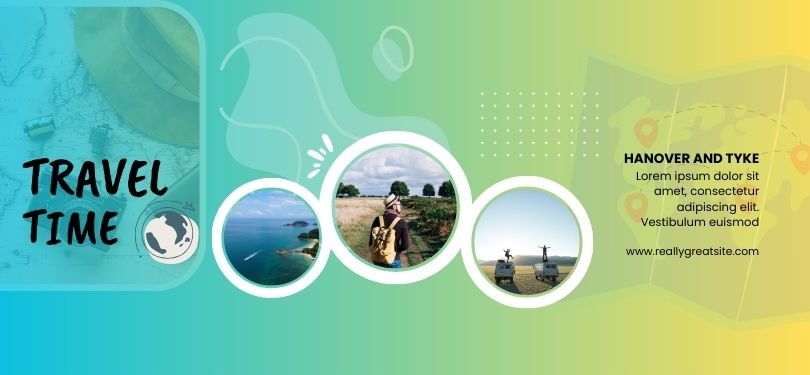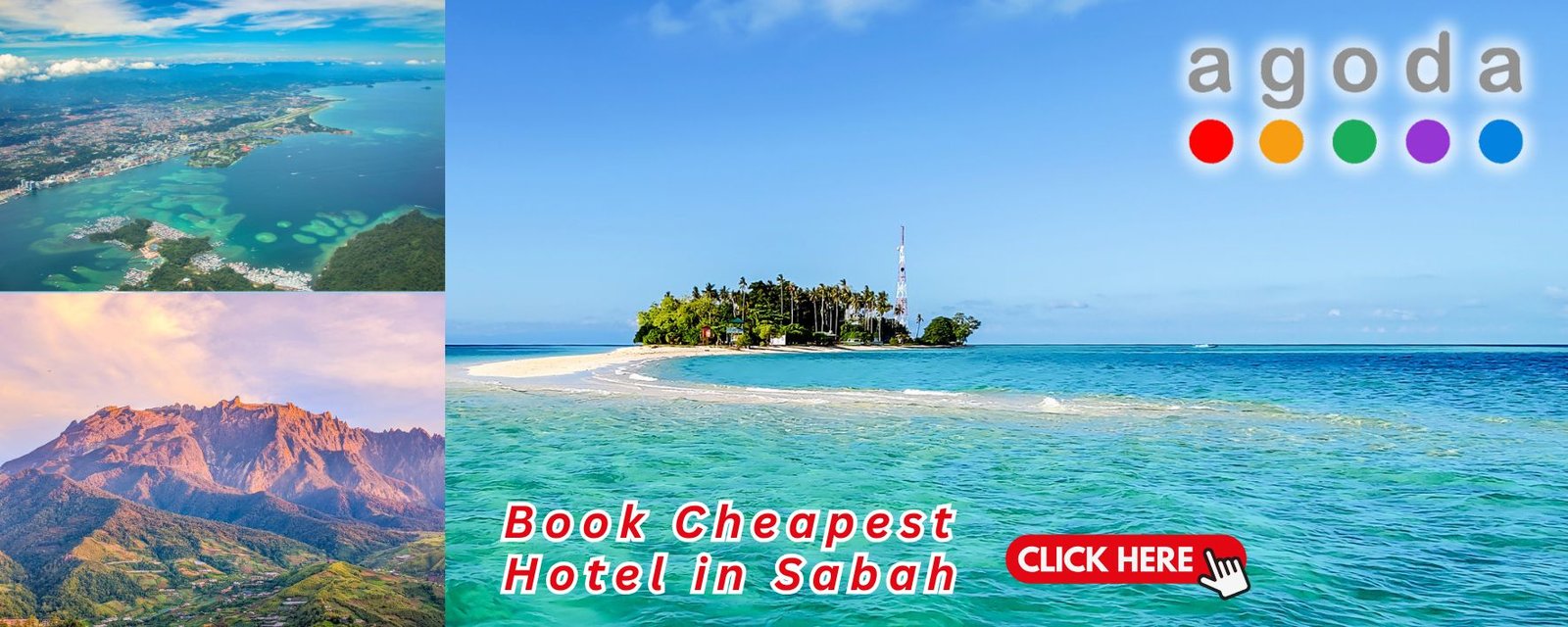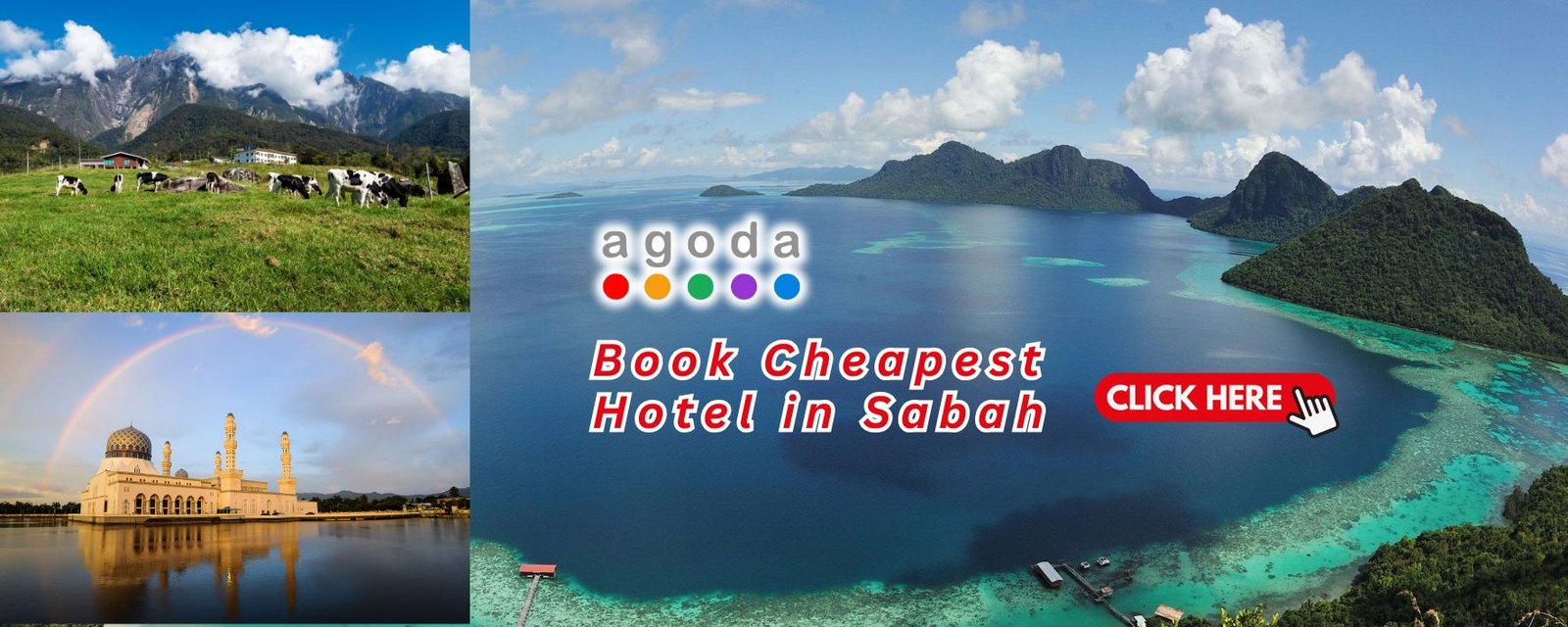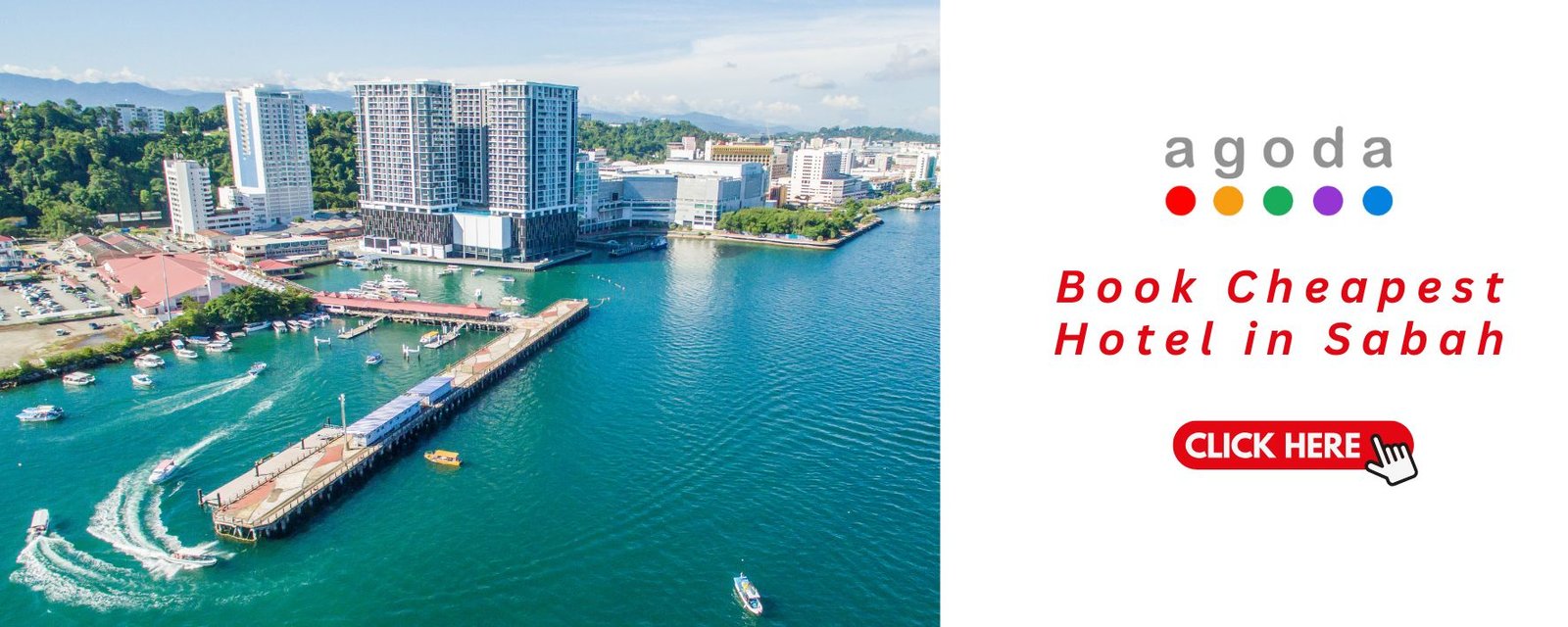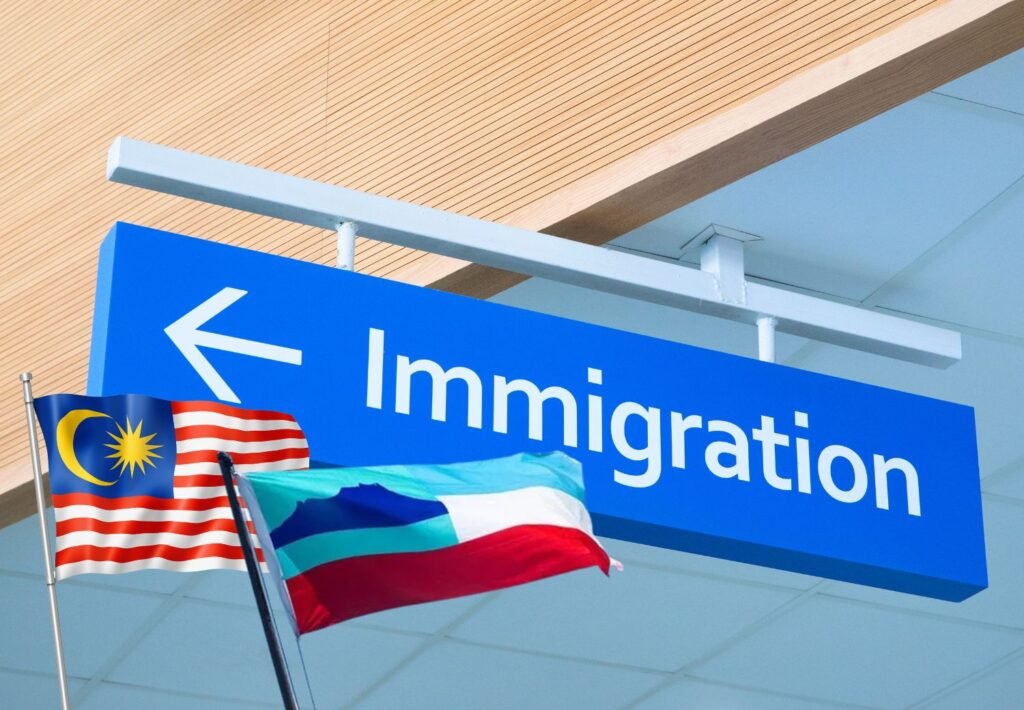Cultural Etiquette and Language in Sabah: What Travellers Need to Know for a Meaningful Trip
Sabah, a beautiful Malaysian state located on Borneo Island, offers a rich blend of cultures, languages, and traditions that make it a must-visit destination. However, to fully appreciate and experience what Sabah has to offer, travellers should familiarize themselves with the local customs and languages to ensure a respectful and rewarding journey. Here’s what you need to know about the cultural etiquette and language in Sabah.
Cultural Etiquette and Language in Sabah: What Travellers Need to Know for a Meaningful Trip
Sabah, a beautiful Malaysian state located on Borneo Island, offers a rich blend of cultures, languages, and traditions that make it a must-visit destination. However, to fully appreciate and experience what Sabah has to offer, travellers should familiarize themselves with the local customs and languages to ensure a respectful and rewarding journey. Here’s what you need to know about the cultural etiquette and language in Sabah.
1. Respect for Diversity
Sabah is home to a multitude of ethnic groups, including Kadazandusun, Bajau, Murut, and many others. Each group has its own customs, beliefs, and traditions, so it’s essential to approach cultural diversity with respect and openness.
- Tip: Be curious and polite when learning about local customs, and always ask permission before taking photos of people, especially during traditional ceremonies.
2. Greetings and Politeness
In Sabah, greetings are essential for building rapport, and handshakes are common. However, for traditional communities like the Bajau or Kadazandusun, it’s polite to offer a slight bow or simply place your hand over your heart after a handshake to show respect.
- Tip: When meeting elders, it’s respectful to use both hands during handshakes and avoid overly firm handshakes as it can be seen as aggressive.
3. The Role of Religion
Islam is the dominant religion in Malaysia, including Sabah, but you’ll also find a significant number of Christians, especially among the Kadazandusun community, as well as Buddhists and other indigenous beliefs.
- Tip: When visiting mosques or religious sites, dress modestly, covering your shoulders and knees. Always remove your shoes before entering mosques or homes, and avoid loud conversations in places of worship.
4. Language in Sabah
While Bahasa Malaysia is the national language and widely spoken, Sabah is unique in that it also has its own local dialects. The Kadazandusun language is spoken by many indigenous people, and the Bajau community also has its own dialect.
- Common Phrases:
- Selamat datang – Welcome
- Terima kasih – Thank you
- Apa khabar? – How are you?
- Kopivosian – A Kadazandusun greeting, often used during cultural celebrations
For convenience, many locals, especially in urban areas, can speak English, so communication shouldn’t be an issue for most travellers.
5. Dress Code
Sabahans generally dress modestly, and visitors are expected to do the same, especially in rural areas. While casual wear is acceptable in cities like Kota Kinabalu, it’s advisable to dress more conservatively when visiting villages or cultural sites.
- Tip: Pack light, breathable clothing for the tropical climate, but always have a sarong or scarf handy to cover up when necessary, especially at religious or cultural sites.
6. Eating Etiquette
When dining with locals, particularly during traditional meals, it’s polite to accept food that’s offered to you, as it’s a sign of hospitality. Use your right hand when eating or passing food, as the left hand is considered unclean.
- Tip: If you’re invited to a local home, bring a small gift as a gesture of appreciation. Avoid bringing alcohol unless you’re certain it’s acceptable, as many Sabahans are Muslim and abstain from alcohol.
7. Taboos and Sensitivities
In Sabah, avoiding sensitive topics such as race, religion, and politics is advisable. Locals appreciate a friendly and light-hearted attitude, so try to keep conversations positive.
- Tip: Avoid pointing with your index finger; instead, use your thumb or an open hand, as pointing is considered rude.
8. Festivals and Celebrations
Sabah is known for its vibrant festivals like the Kaamatan Harvest Festival, celebrated by the Kadazandusun, and the Regatta Lepa festival, celebrated by the Bajau community. These events are great opportunities to immerse yourself in the local culture.
- Tip: If you’re visiting during a festival, join in with an open heart but remember to follow any cultural guidelines. For example, during Kaamatan, expect a lot of dancing, traditional games, and sharing of local rice wine called tapai.
By understanding the cultural etiquette and language in Sabah, travellers can have a more enriching and respectful travel experience. Engaging with the local community, learning simple phrases, and showing sensitivity to customs will not only help build meaningful connections but also show respect for Sabah’s rich cultural heritage. Safe travels, and Selamat datang ke Sabah





